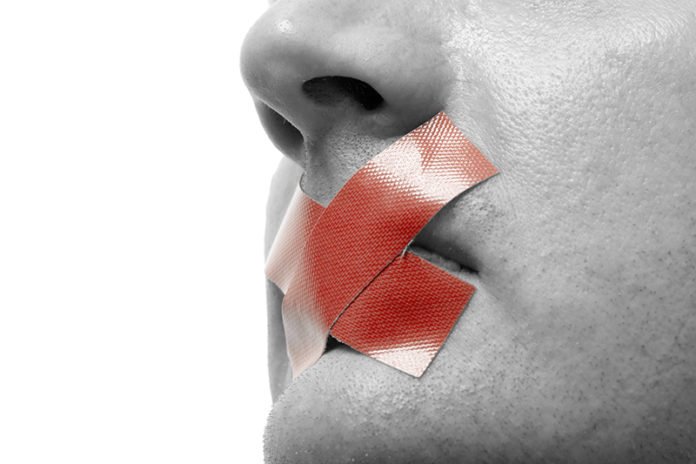When Simon & Schuster canceled publication of Josh Hawley’s book “The Tyranny of Big Tech,” the Missouri senator called the decision “a direct assault on the First Amendment.”
For reasons the Yale-trained lawyer and former Supreme Court clerk should understand, that description was wildly wrong.
By contrast, another reaction to last week’s deadly assault on the Capitol — the suggestion that President Donald Trump should be not only impeached but criminally prosecuted for inciting a riot — poses a real threat to freedom of speech. Trump’s opponents may regret establishing a precedent that speakers who neither practice nor preach violence can be held criminally responsible for the conduct of listeners inspired by their words.
Simon & Schuster shunned Hawley because he played a leading role in challenging electoral votes for President-elect Joe Biden, the same cause that motivated the pro-Trump rioters who invaded the Capitol. “We… cannot support Senator Hawley after his role in what became a dangerous threat to our democracy and freedom,” the publisher said.
Regardless of whether that decision was wise or fair, it clearly did not violate the First Amendment, which constrains the government, not private individuals or businesses, and actually protects a company’s right to publish (or not publish) whatever messages or messengers it wants. As the title of Hawley’s book suggests, he routinely blurs that crucial distinction.
But the same constitutional guarantee that allows Simon & Schuster to disavow Hawley also gives Americans wide freedom to speak their minds, even in highly inflammatory ways. When Trump riled up thousands of his followers with his oft-repeated fantasy of a stolen election, after which hundreds of them stormed the Capitol, his actions, however outrageous and irresponsible, did not exceed the bounds of constitutionally protected speech.
Even advocacy of illegal behavior, the Supreme Court ruled in the 1969 case Brandenburg v. Ohio, is protected by the First Amendment unless it is both “directed” at inciting “imminent lawless action” and “likely” to do so. It is hard to see how Trump’s speech, which urged his supporters to “fight like hell” against an “egregious assault on our democracy” as a joint session of Congress was convening to affirm Biden’s victory, meets that test.
Given the context, it was likely that the president’s words would encourage imminent lawless action by at least some of the protesters. But was that his intent?
Unlike Clarence Brandenburg, the Klansman whose prosecution the Supreme Court deemed unconstitutional, Trump did not advocate lawbreaking, even in general terms. On its face, his speech called for nothing beyond peaceful protest.
“We have come to demand that Congress do the right thing and only count the electors who have been lawfully slated,” Trump said. “I know that everyone here will soon be marching over to the Capitol building to peacefully and patriotically make your voices heard today.”
When Trump sent his irate followers to the Capitol on a doomed mission to stop Biden from taking office by expressing their displeasure at that prospect, violence was predictable. But that is not enough to satisfy the Brandenburg standard.
“Saying things that foreseeably move some audience members to act illegally isn’t enough,” notes Eugene Volokh, a First Amendment specialist at UCLA Law School.
“Speaking recklessly isn’t enough. The Court was well aware that speech supporting many movements — left, right, or otherwise — that merely moves the majority to political action may also lead a minority of the movement to rioting or worse. It deliberately created a speech-protective test that was very hard to satisfy.”
There are sound reasons for that. If Trump’s speech was a crime, so is similarly fiery rhetoric at other protests marked by violence.
The risk is not merely theoretical. Protesters have faced lawsuits after police officers were injured or killed during Black Lives Matter demonstrations, based on the claim that their criticism of law enforcement inspired those assaults.
We should think long and hard before we let the justifiable anger at Trump incite violence against the Constitution.





























